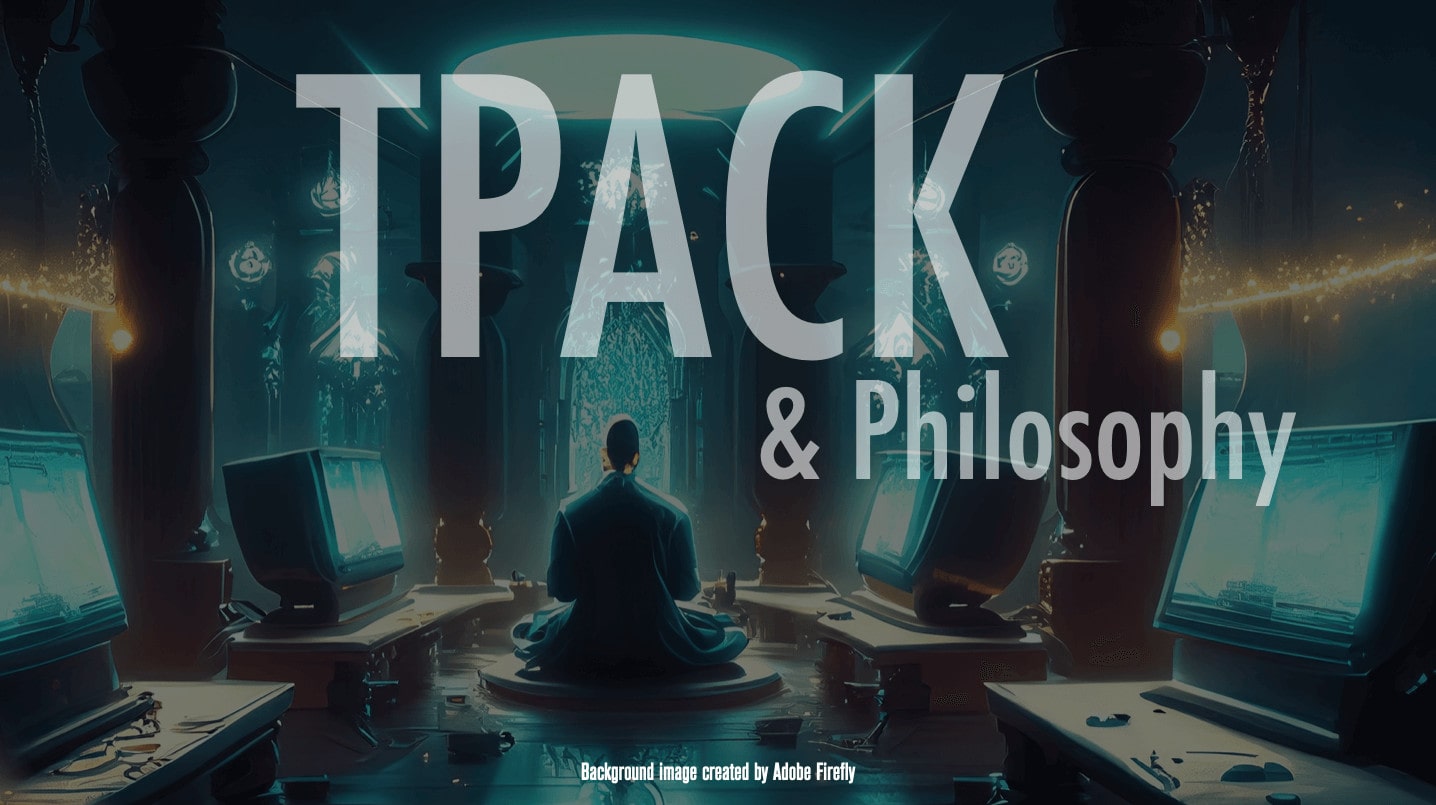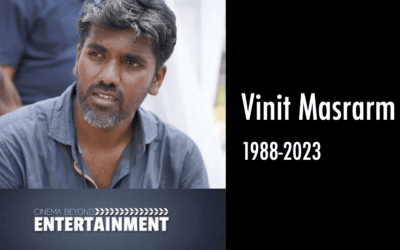I often receive emails about the TPACK framework and even though I have not worked in that space for a while, I do feel obligated to respond. That said, I usually do not feel the need to document my responses. Once in a while, however, I get a question that demands a thoughtful, extended response.
This afternoon I received the following email (included below with permission and rewritten to not provide any information of the identity of the person who had sent it).
I am a high school philosophy teacher (covering content all the way from Plato to Nietzsche). I’ve been reading about the TPACK framework but am unsure about how to apply it to teaching philosophy. Are there specific examples or ideas to implement TPACK within philosophy education?
This is how I responded:
Thank you for writing to me.
Let me begin by saying that I am not any kind of expert on philosophy. I have never formally taken a class in it – ever. That said, have over the years, on my own read a lot, but it is scattershot driven by my immediate interests rather than any kind of systematic approach.
But onto your question…
The TPACK model suggests that there needs to be an integration of technology, pedagogy and content. What you have told me is that the content is philosophy – but that is not enough. What do you want your students to take away from the class? Should they know what philosophers have said about various topics or do you want them to engage in philosophical argumentation with questions that are important to them? Or some combination of that? Are you interested in their better understanding philosophical argumentation about topics, such as nature of knowledge, how we make meaning of the world, the role of god, or how we lead a ethical life? Or are you interested in their connecting what philosophers have said to their own teen-age contexts or maybe even global challenges we face?
The second set of questions would be about what your pedagogical approach is? Do you prefer lectures or are students engaged in reading primary texts and seeking to understand the ideas through writing and discussion? Do you like your students to debate each other taking on specific historical roles? Or do they take the ideas they learn and speak to others to better understand how these ideas play out in the real world?
I could go on.
The point is that in each of these situations there are certain technologies that are better suited to intersection of the content and the pedagogical approach. If the case is philosophical argumentation then collaborative writing tools, or discussion forums, maybe the way to go? If it is capturing the ideas of specific philosophers – it may be about creating video profiles of the philosophers, their historical context and so on by doing research on the internet (from validated sources). If the idea is how people reflect on certain philosophical concerns with respect to their own lives – maybe some kind of interview format, with people on the street, may make sense.
Again I could go on.
I think the broader point is that there are many ways of looking at content and pedagogy – that I am sure you as an experienced teacher have clear views on. I would start from there, what do you care about and how do you go about doing it? And it is only then you can investigate what technological tools best fit what you need to achieve.
Let me also add, that you are most probably already using technology in your classroom – for instance I am sure students are reading books and articles. You may already be using online resources such as The Stanford Encyclopedia of Philosophy or others. So you are already using the TPACK framework. There is nothing magical about it.
That said, sometimes new tools give us new opportunities. For example I recently experimented in using Bing Chat (a form of generative AI similar to ChatGPT) to “generate” a conversation between two educational philosophers, John Dewey and Jiddu Krishnamurty about how their ideas applied to learning with technology. You can read it here: Krishnamurti and Dewey in the metaverse. Is this valuable? I don’t know since I don’t know what your goals are.
But I think good use of TPACK comes from reflecting on what you want your students to take away, how you orchestrate that – and what tools you would use to get them there. Context matters – greatly.
I hope this helps.
~ punya






0 Comments